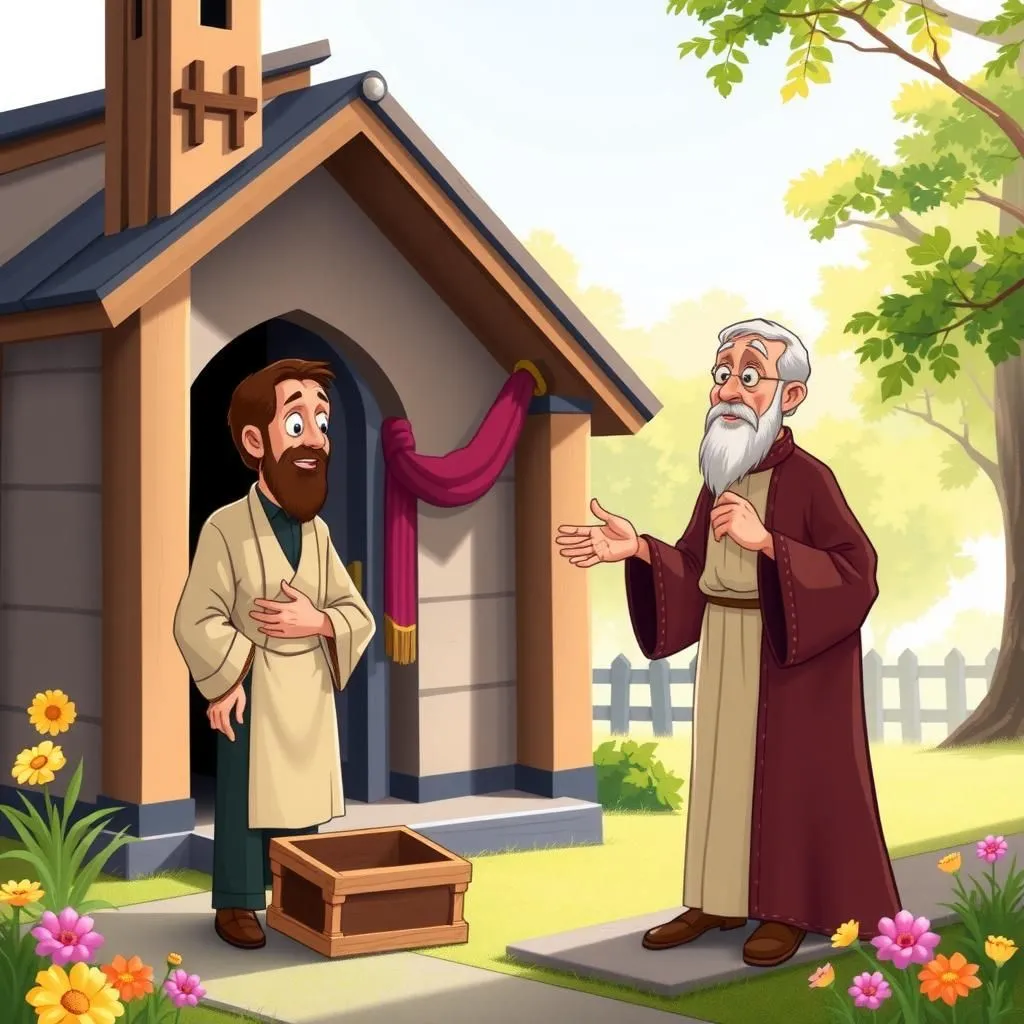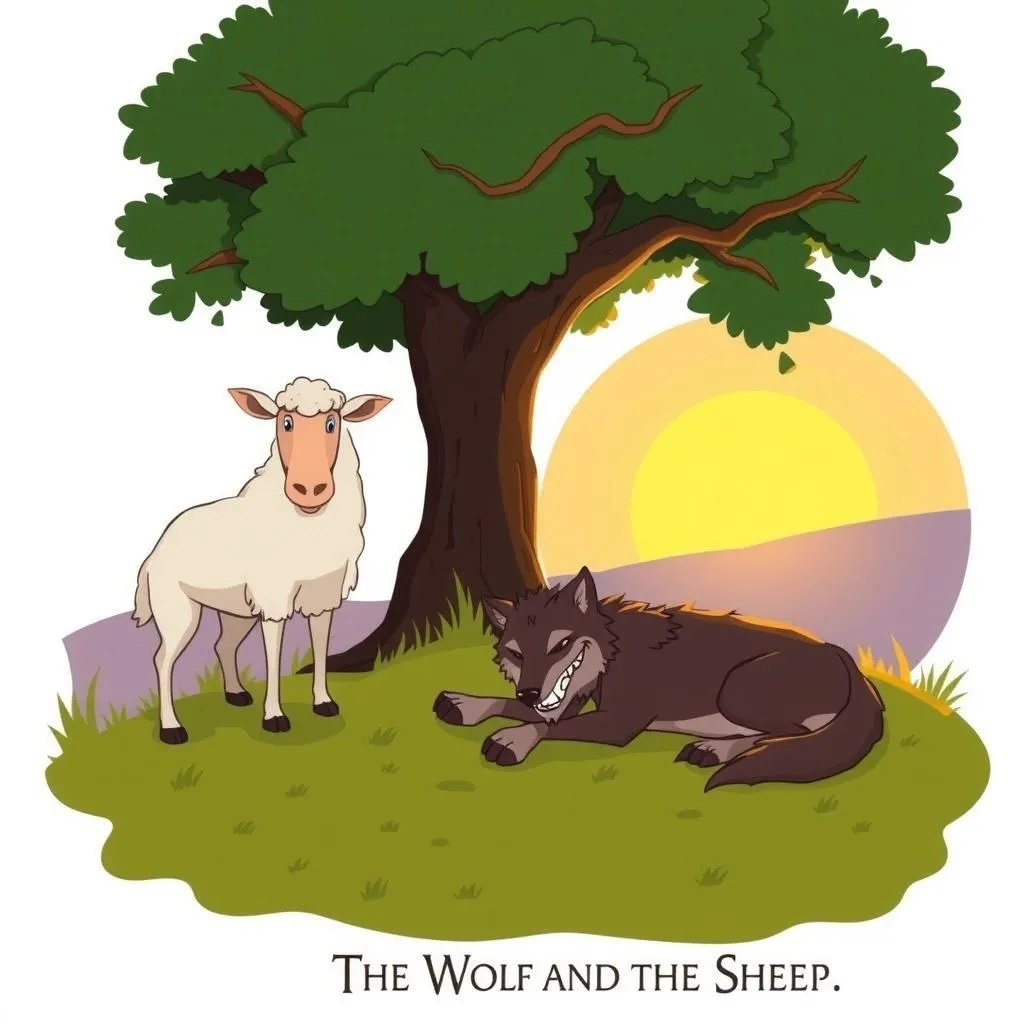
The Jackdaw and the Doves
In this famous moral story, a Jackdaw paints himself white to fit in with a group of Doves and enjoy their abundant food. However, when he inadvertently reveals his true identity by chattering, the Doves reject him, and he finds himself unwelcome among his own kind as well. This quick moral story illustrates that by trying to belong to two groups, he ultimately achieved neither, emphasizing the importance of authenticity and acceptance.


